One Battle After Another Review: Leonardo DiCaprio and Ensemble Shine in Rollicking Action Drama
Am I willing to call it the best movie of 2025? Not yet.
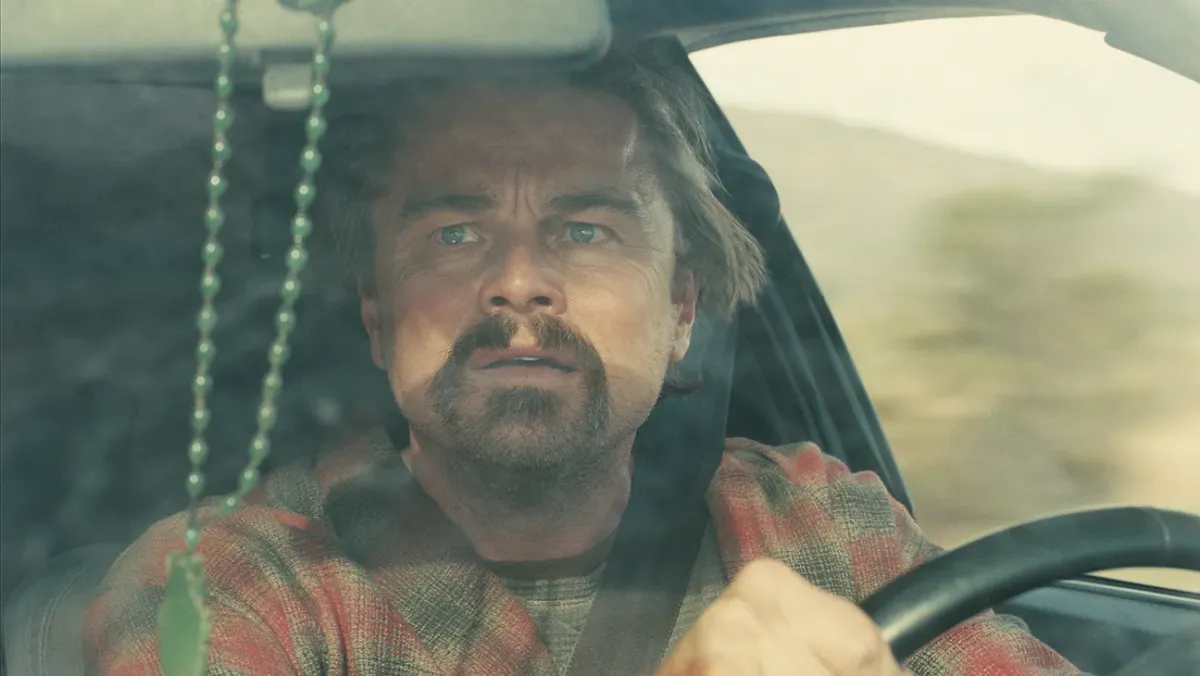
This post is free but it’s worth it to become a paid member of The Film Maven community! Paid subscribers are the backbone of The Film Maven and becoming one shows support for independent journalism, as well as female- and disabled-created content. It also allows me to write really fun articles and hire freelance writers. And becoming a paid subscriber gives you access to The Trade, my examination and exploration of topics in the entertainment industry, my Popcorn Disability articles on disabled representation in film, and more. Subscribe and show your support for independent journalism.
Read more about the history of disability in film by pre-ordering my upcoming book, Popcorn Disabilities: The Highs and Lows of Disabled Representation in the Movies. I not only expand on what you’re reading here, but examine the stereotypes, tropes, and the good, bad (and really ugly) of disabled movies. Preorder the book by clicking this link! Send me proof of your preorder and I’ll give you a paid subscription to The Film Maven for one year!
There's a level of divisiveness when it comes to the work of Paul Thomas Anderson. An auteur who mines the absurdity of reality, his work is often a delicate balance of threading the needle to get the audience on-board with the grittiness of the world he's created, while understanding that it's also totally ridiculous (the world of the LA porn scene that lets a small-time idiot become a star in Boogie Nights; a 1970s PI drawn in to an utterly stupid conspiracy in Inherent Vice). Anderson's latest does the same, itself loosely based, like Vice, on a novel by Thomas Pynchon.
But what Anderson does with One Battle After Another is practically create political theater, with two stories twining and twisting around each other, one based on freedom and anger, the other based on racism and white supremacy. The fact that these two movies dovetail so neatly--Anderson has cited Stanley Kubrick's Dr. Strangelove as an influence on this--is what makes One Battle After Another so masterly. Add into that utterly luminous performances by an ensemble cast of legends (and legends in the making), and you have what is one of the most enjoyable and incisive movies of the year.
Set in an unknown point in time a group of domestic revolutionaries known as the French 75 spend their days liberating immigrants from detention camps and blowing stuff up. Their leader, Perfidia Beverly Hills (Teyana Taylor), is brash and impulsive, but has an inner code she lives by. When she becomes pregnant, her partner Pat (Leonardo DiCaprio) believes it's time for them to put up their weaponry and settle down. But Perfidia refuses and leaves Pat to raise their daughter alone. After rebranding themselves Bob and Willa Ferguson, sixteen years passes with nothing, until a military adversary from their past, Steven Lockjaw (Sean Penn) comes looking for Willa (Chase Infiniti).
The film's first half is all about setting up the variety of characters we'll meet over its near three-hour runtime. And there are a lot. The French 75 isn't actually a revolutionary group with a lot of background, regardless of how intricate their password system is, though Perfidia emphasizes that "revolutionary violence is the way" to get people to list. Much like any Pynchon novel, how much you glean from the feature is how much you already know about the history of revolutionary movements in this country. What's fascinating is how Anderson looks at race within these movements. Perfidia runs the French 75 with an iron hand and a confidence that borders on cocky at times.
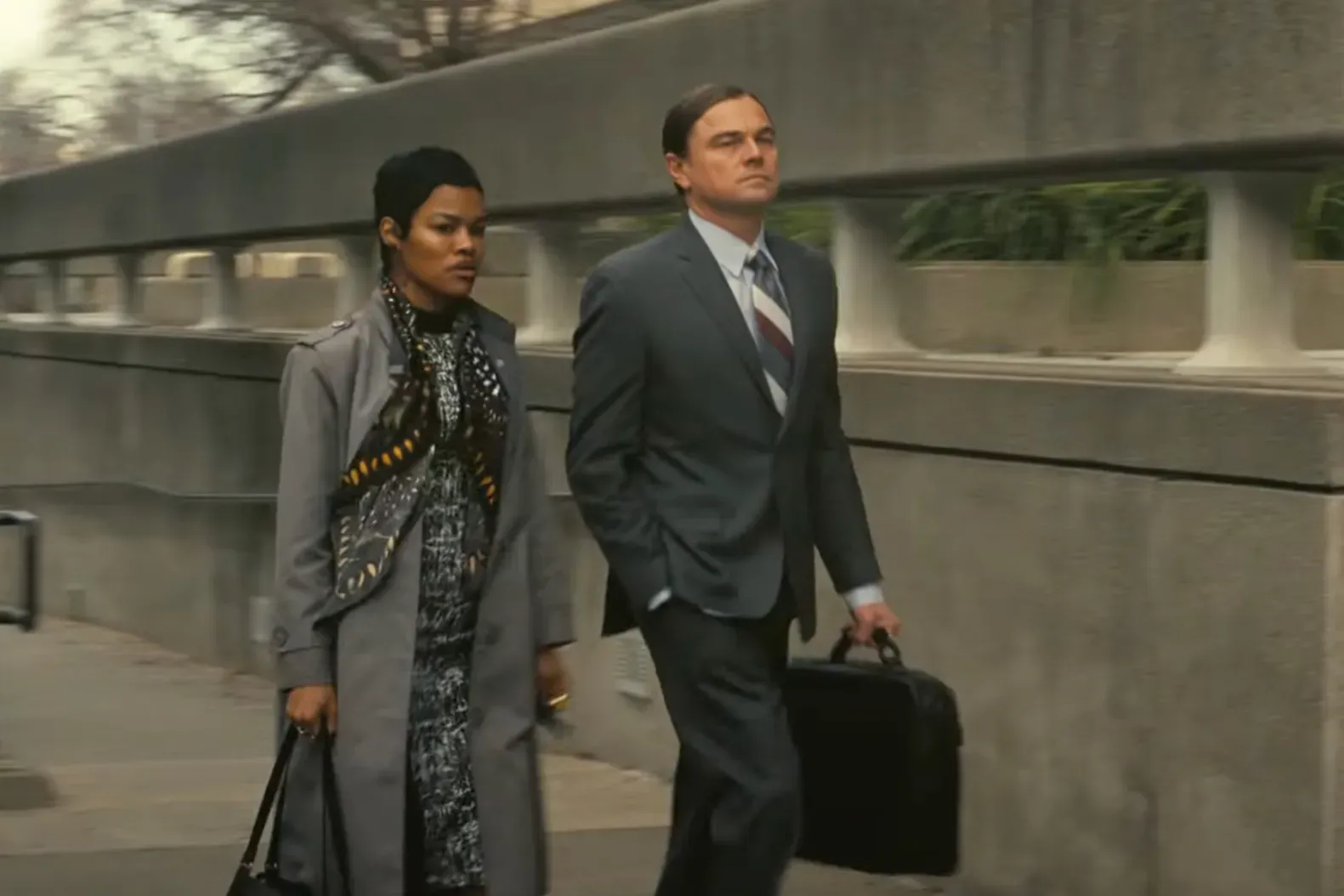
Taylor is nothing short of superb. From her stride into a room to her interactions opposite Penn, Taylor plays Perfidia as a woman that doesn't know fear. Even when she becomes pregnant she's unafraid to shoot machine guns with her stomach front and center. The only time she lacks control is in the grips of postpartum depression. To see a Black woman in charge of a revolutionary gang, when so often those roles are defined by men, is fascinating. And it's pushed up against Penn's Steven J. Lockjaw, a virulent racist who infuses so many of his lines with venom. (Bob telling him the baby's name is Charlene causes Steven to retort, "Sounds like a Black girl's name," dripping with hatred.)
At its heart, One Battle After Another is a story of liberation, whether that's the liberation the French 75 is enacting–Perfidia lists their creed as "freed borders, free bodies, free choices, and free of fear"--to the liberation of being defined by one's genes or familial history. Bob chooses to spend his days after Perfidia leaves him to abandon most of his responsibilities as a father. He spends his days getting high, leaving Willa to be the adult, demanding where he is all day. So when the shit hits the fan and Bob is required to fall back on his French 75 training...he can't remember any of it. He can't remember the passwords, the locations, even just acquiring a gun requires him to rely on others, in this case "Sensei" Sergio St. Carlos (Benicio Del Toro).
It'd be easy to see DiCaprio's Bob as another take on Once Upon a Time in Hollywood's Rick Dalton, a deluded, self-absorbed ninny. But DiCaprio takes much of the humor he's become known for and infuses that with a deep well of love and emotion for Infiniti's Willa. Whether that's holding the newborn right after she's born, hearing Perfidia claim that Bob loves the baby more than her, or desperately trying to find the answer to "What time is it" to learn where she is, DiCaprio never lets you forget that he's doing this out of love for his child. Is Bob a fuck-up? Of course. He'll be the first one to admit that. But that doesn't mean, when the chips are down, he won't lay down his life for his offspring. The moments when DiCaprio aren't on-screen, you do feel a slight change in the vibes and the momentum. You also feel it when the movie loses Taylor, if only because their interactions are so magnetic.
In fact, there's a large community behind Willa, even if they don't know her. What's so smart about Anderson's feature is how much it reminds audiences that, when oppression is happening, people do band together. The French 75 aren't the only group organizing. Steven, using his military and government backing, uses the pretext of rustling up immigrants and getting drugs off the streets (sound familiar?) to invade the town where Willa lives. Sensei Sergio tells Bob, as they race through the streets, that he's got "a Latino Harriet Tubman situation" going on, as he himself is involved in harboring and moving immigrants safely out of the community. Cinematographer Michael Bauman's camera beautifully shows off the underground making moves while the police storm the town, showcasing a group of teens trying to help Bob escape, their shadows starkly contrasted against the night sky and the red and blue police lights beneath them.
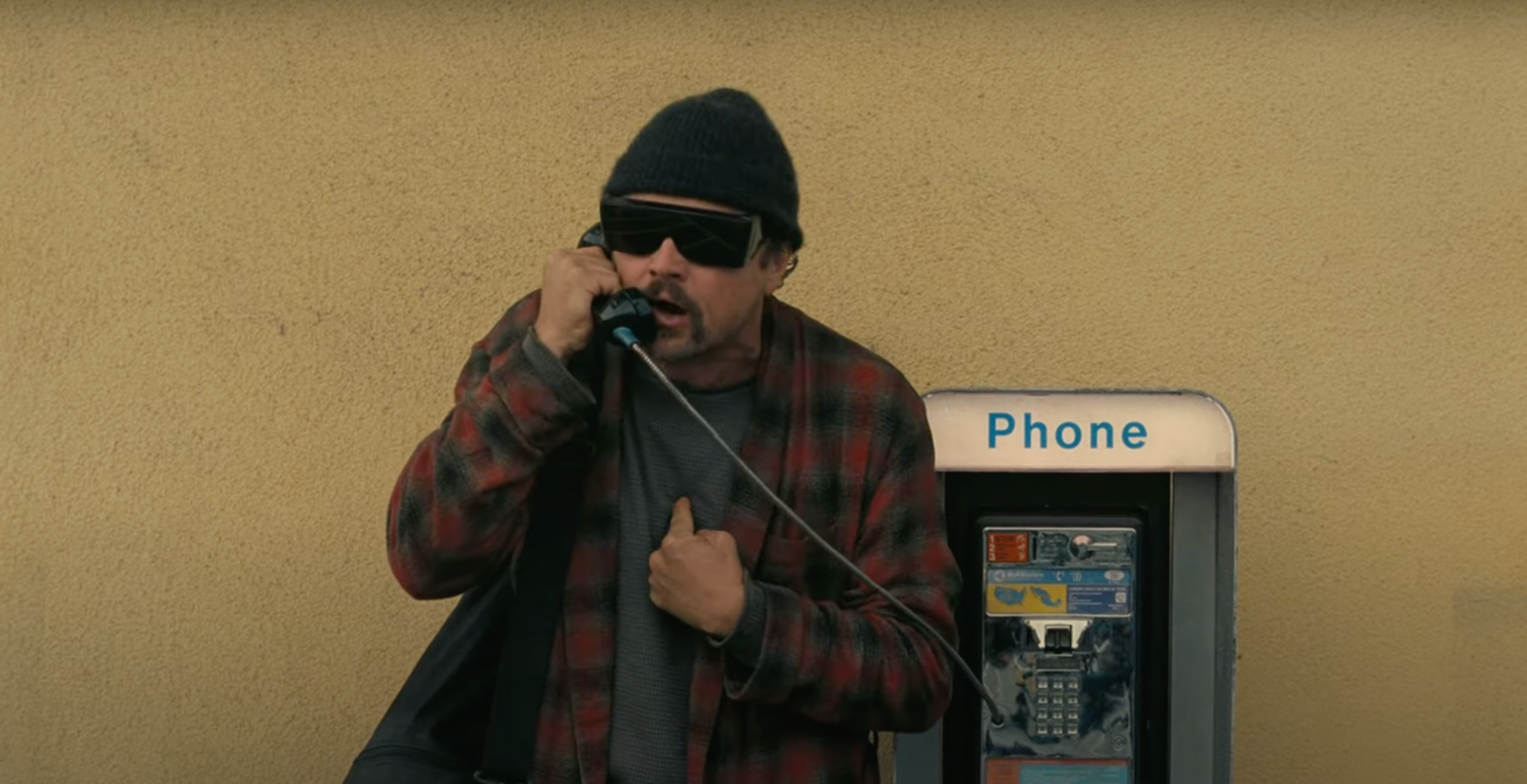
Del Toro is hilarious as an equally confident ally who spends his days saying, "Ocean waves" and generally just being a center for calm. And Regina Hall, as French 75 associate, Deandra, also acts as a bridge between Perfidia and Willa, helping the young girl reconcile with the situation that left her without a mother.
But One Battle After Another is truly a triangle of two men, two depictions of fatherhood, clashing between a young girl trying to find herself. Chase Infiniti is a bright new star and it's remarkable how she holds her own against acting titans like DiCaprio and Penn. She's a character that is out of the know for much of the movie only to receive a deep rush of information about who she is in a very short amount of time. If hell is a teenage girl, imagine what it looks like when that teenager assumes something about herself that ends up being false. Her scenes with Penn are the strongest, if only because for all his absurdity and anger, she complements that with cool defiance. If Bob is the father who roll your eyes at, Penn's Steven is the person you hope to God never becomes a father at all.
The one element of the feature that is the hardest to swallow it's probably because it feels the most Pynchon-esque (Pynchiest?). Much of Steven's motivation for finding Willa stems from his desire to be included in a secret club known as the Christmas Adventurers. There motives aren't known though the assumption is safe that they probably aren't celebrating Christmas, despite their ominous greeting: "Hail, St. Nick." These moments are where the purest humor derives from though it's utterly absurd and that does take a moment to sink in, that what these characters are saying is meant to sound ridiculous. But, regardless, where else can you see character actors like Kevin Tighe and D.W. Moffett talk about race, sexuality, and potentially murder in a way that's deadly serious and silly as hell?
It's amazing how quickly the runtime flies but that's the power of a string of interesting characters and a narrative that has so many threads to explore. One Battle After Another is an ensemble powerhouse, with Anderson taking a stab at what could be his most politically charged feature. DiCaprio is wonderful, but then again there's not a dull note in the entire cast.
Grade: A-
One Battle After Another hits theaters September 26.
Are you excited for One Battle After Another? What's your favorite PTA film? Leave a comment below.
Enjoy what you’re reading? Share it with friends. Help us get to 1,000 subscribers by the end of 2025 and I’ll do a full written and video review of Francis Ford Coppola’s Megalopolis.
Let’s work together! If you have editorial opportunities and would like to collaborate with me on an entertainment or disability project, drop me a message.
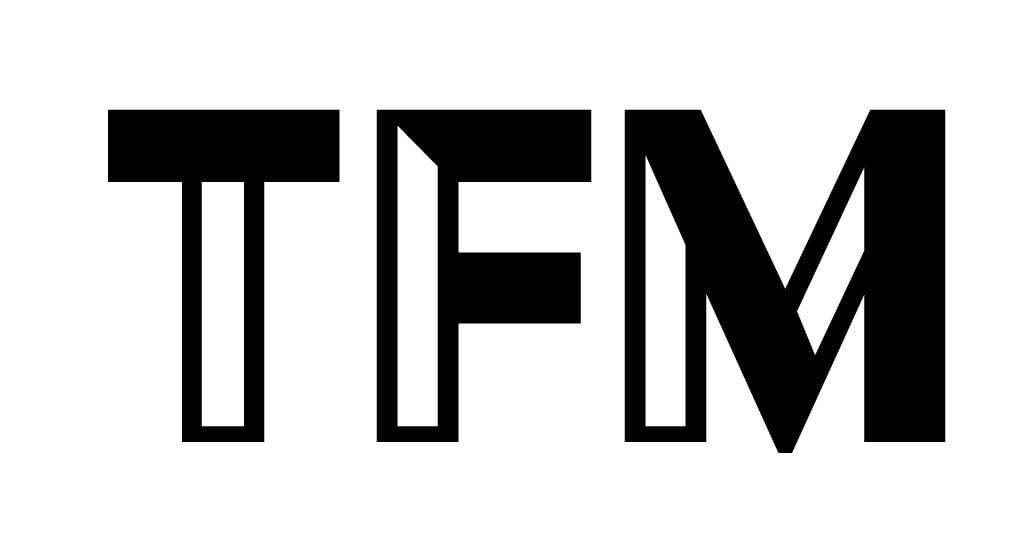


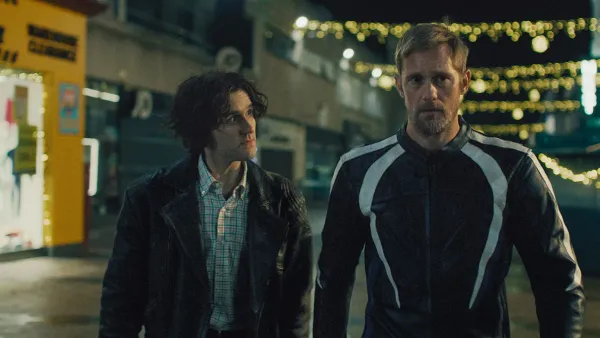
![Director Penelope Spheeris on Thirty Years of Black Sheep and Little Rascals [Exclusive]](/content/images/size/w600/2026/02/With-Chris-Farley-on-Black-Sheep.webp)